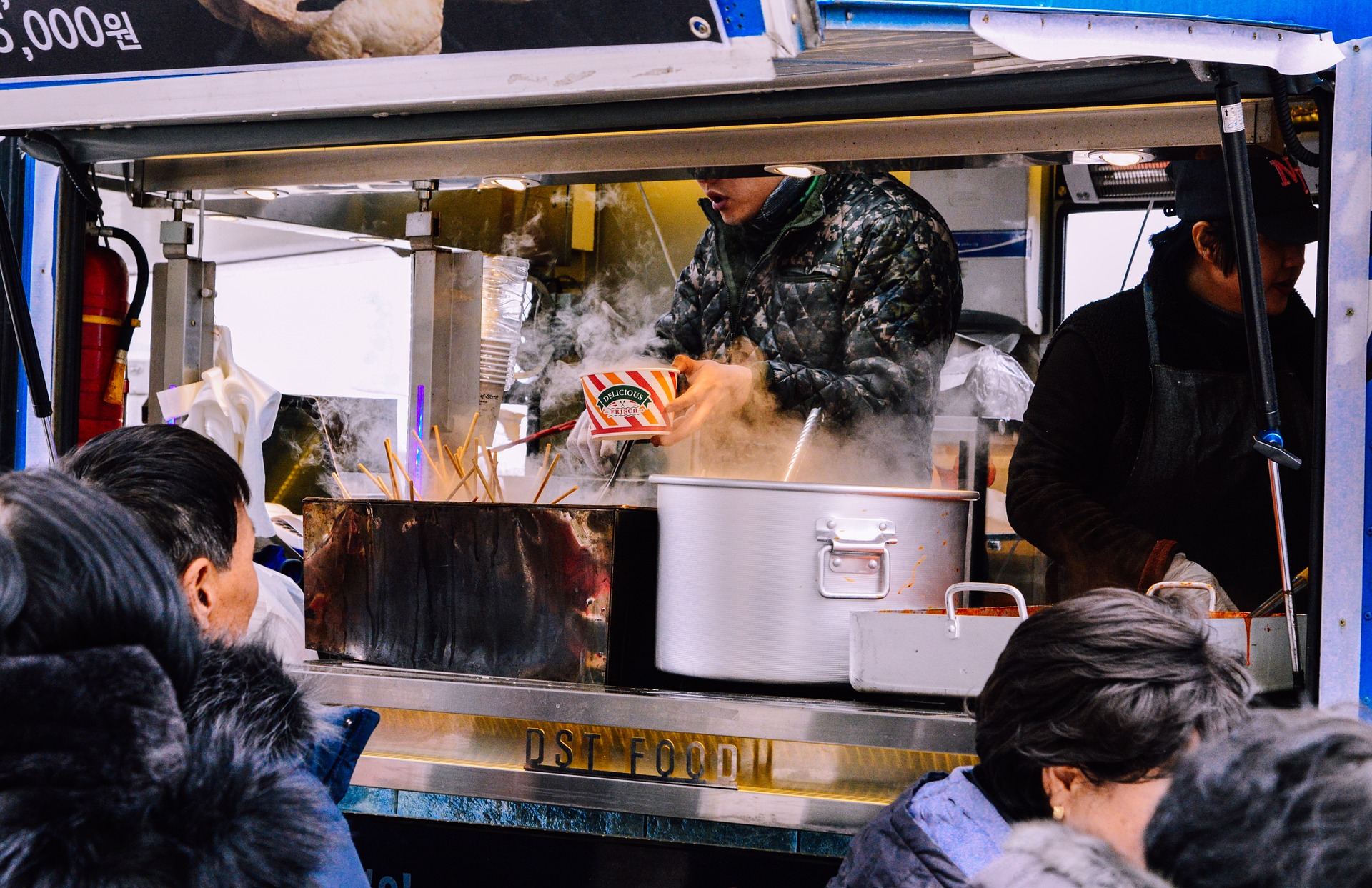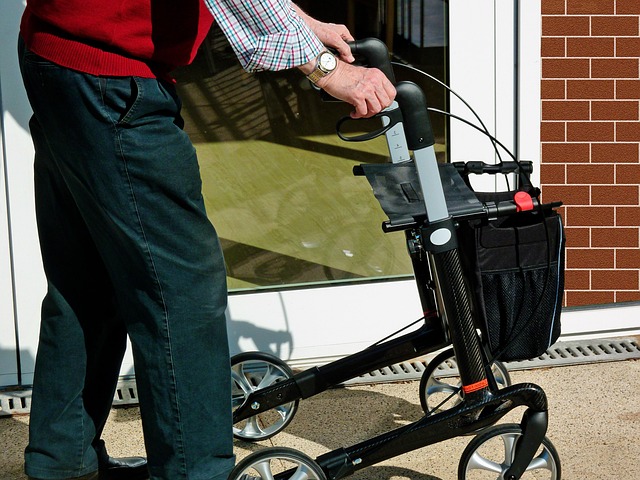Starting Your Food Truck Business: A Complete Financing Guide
The food truck industry continues to grow as entrepreneurs seek flexible, lower-cost alternatives to traditional restaurants. With startup costs ranging from $30,000 to $250,000, securing proper financing is crucial for aspiring food truck owners. Understanding your funding options and creating a solid business plan can help turn your mobile culinary dreams into reality.

Exploring Food Truck Financing Options
Traditional bank loans, equipment financing, and SBA loans are common funding sources for food truck entrepreneurs. SBA loans typically offer favorable terms with down payments between 10-20%. Equipment financing allows you to use the truck itself as collateral, while traditional bank loans may require additional collateral or a strong credit history.
Creating a Business Plan for Loan Approval
Lenders require comprehensive business plans before approving food truck financing. Your plan should include market analysis, financial projections, marketing strategy, and detailed operational procedures. Focus on demonstrating profitability potential and your ability to repay the loan through realistic revenue forecasts.
Alternative Funding Sources for Food Truck Entrepreneurs
Beyond traditional loans, consider alternative financing methods like crowdfunding, peer-to-peer lending, or equipment leasing. Some entrepreneurs combine multiple funding sources, such as personal savings with microloans or business credit cards, to reach their startup capital goals.
Common Food Truck Financing Programs
| Financing Type | Typical Terms | Requirements |
|---|---|---|
| SBA Loans | 5-25 years, 6-8% interest | Good credit, 10-20% down payment |
| Equipment Loans | 2-7 years, 8-30% interest | Fair credit, truck as collateral |
| Business Credit Cards | Variable APR | Personal credit score 640+ |
| Microloans | 6 months-6 years, 8-13% interest | Limited credit history acceptable |
Prices, rates, or cost estimates mentioned in this article are based on the latest available information but may change over time. Independent research is advised before making financial decisions.
Understanding Loan Requirements
Most lenders require a credit score of at least 600, though some may accept lower scores with higher down payments or additional collateral. You’ll need to provide detailed financial records, tax returns, and proof of industry experience. Some programs specifically designed for food truck businesses may offer more flexible terms for first-time entrepreneurs.
The success of your food truck business largely depends on securing appropriate financing and managing costs effectively. Take time to research various funding options, prepare thorough documentation, and consider working with a financial advisor to determine the best financing strategy for your specific situation.






